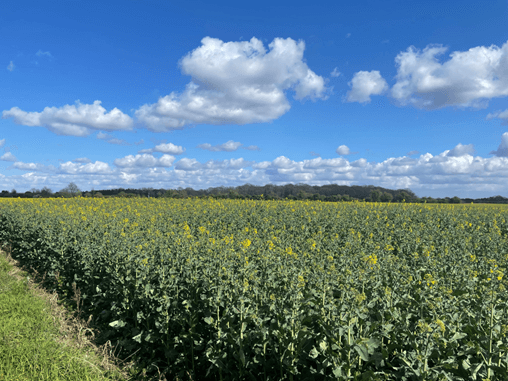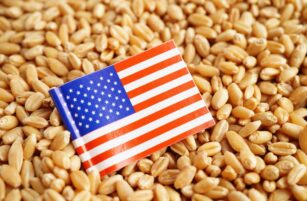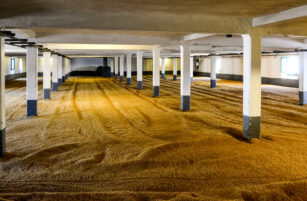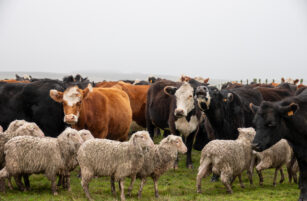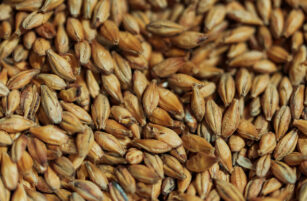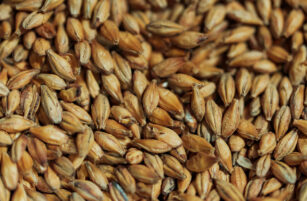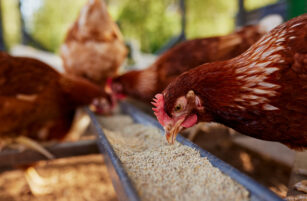Insight Focus
- 70% of beets now planted.
- Beet sowing should have finished 4 weeks ago.
- Nitrogen fertiliser is being applied to all crops.
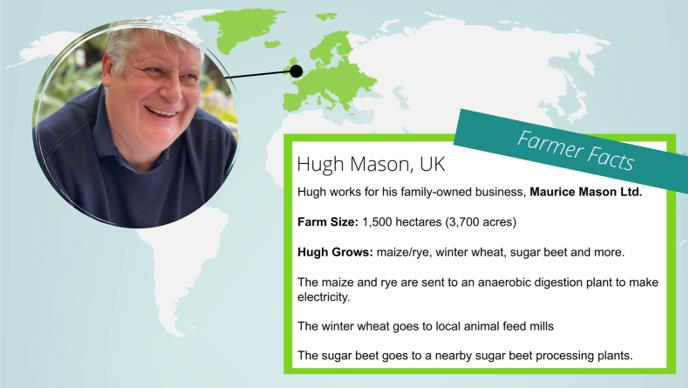
What’s Happening on the Farm?
The drought story continues, we have now had 185% of normal rainfall and much time has been spent looking out of the window. When not doing this we managed to plant a couple of new hedges, which will make my part of England look better.
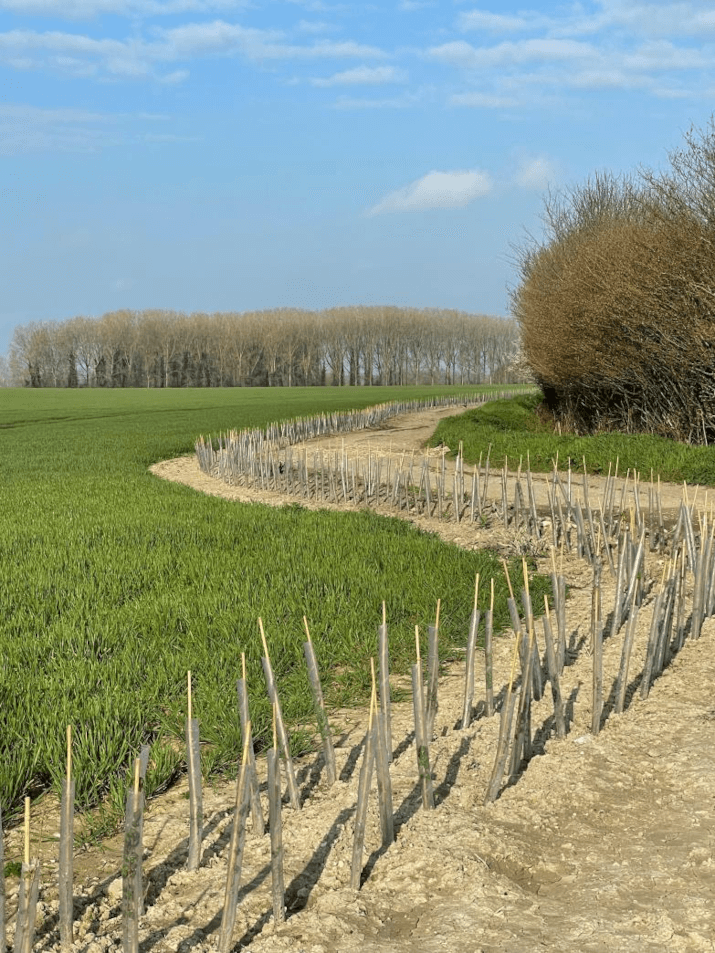
But, happily there has been a brief pause in the continuous rain and a sugar beet drill has been sent out. As I write, I guess we have planted some 70% of the area. Some land is very “tender”, not my description but one used by a fellow farmer whom I respect. But to put this all into perspective, we should have finished planting our crop 4 weeks ago.
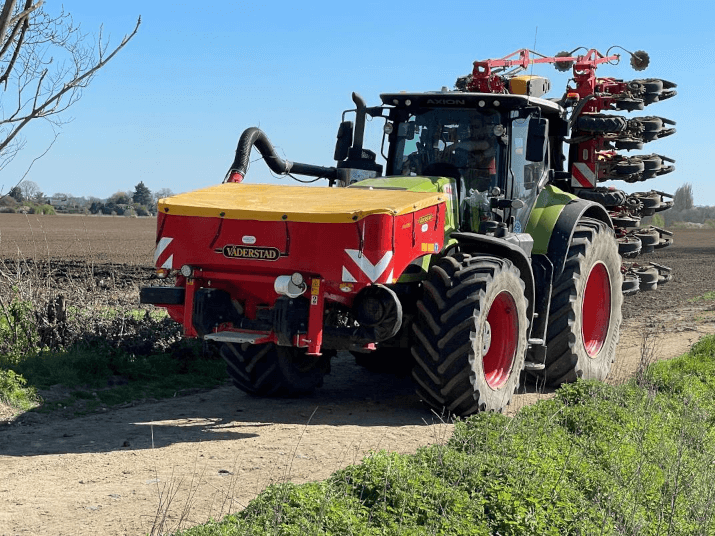
As you’d expect at this time of year, nitrogen has been applied to all growing crops. It being mainly in liquid form, rain has not slowed that down. In fact I would argue it has reduced volatilisation – do the environmentalist know how expensive this stuff is, even when its cheap?
Crop Stage
Oil seed rape is now starting to flower so the countryside will turn yellow. With increased rainfall and subsequent humidity disease will be of great concern.
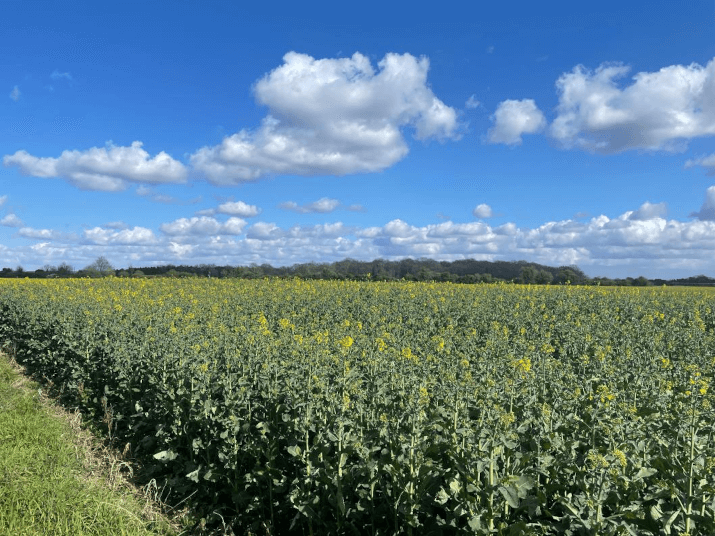
Wheat and rye are typically at GS31, which is a normal growth stage at this time of year. Disease, as the rapeseed crop and with all the rain we have had I’m assuming my crop will have a lower protein this year.
As with sugar beet, a brief pause in the torrents of rain allowed us to finish planting the spring barley, which is now all emerged and looks settled
Big Concerns
It’s my wife’s birthday this month and as a happily married husband, I’ve been sent out to purchase presents. Helpful signs encourage a man to part with his money.

Ambitions for the Year
I was reading an article on the Czapp website that argued that European growers would respond to a higher beet price by increasing area. If it were only as simple as that.
What was not mentioned was the gradual shift by the grower from being “all engaged” to outsourcing most, if not all, of the actions required to grow/harvest the crop. Having outsourced, the grower naturally loses his skill and capital released is used elsewhere. Having been beaten up on price for a number of years (the processor argues he must make a margin; this reasonable argument is not being used for the grower), the area has reduced, which has been closing down the contractors. It is frightening how much money is needed to buy a sugar beet harvester. If the processors wish to stabilise the area grown, I would argue, they need to offer the grower a long term future through price certainty or least a mechanism that shares the processor’s upside – this is offered to me when I sell my grains and I don’t do that all on a day. Their enclosed environment of process is a whole lot more secure than my exposed environment of production.
